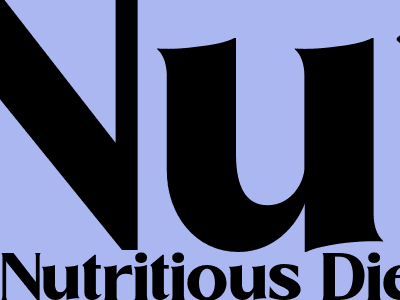Nutrition: A Comprehensive Guide to a Balanced Diet
Understanding the Importance of a Balanced Diet
Maintaining a healthy diet is paramount for overall well-being and longevity. A balanced diet provides the body with the essential nutrients it needs to function optimally. These nutrients include carbohydrates, proteins, fats, vitamins, minerals, and water. Each nutrient plays a specific role in supporting various bodily functions, ranging from energy production to tissue repair.
Consuming a diverse range of nutrient-rich foods ensures that the body receives the full spectrum of essential nutrients. Whole grains, fruits, vegetables, lean protein sources, and healthy fats are all integral components of a balanced diet. By incorporating these food groups into daily meals, individuals can support optimal health and reduce the risk of chronic diseases, such as heart disease, stroke, and type 2 diabetes.
Essential Nutrient Groups
Carbohydrates
Carbohydrates are the body's primary source of energy. They are classified into two types: simple carbohydrates and complex carbohydrates. Simple carbohydrates, such as those found in sugary foods and processed grains, are quickly broken down and absorbed by the body, leading to rapid spikes in blood sugar levels. Complex carbohydrates, on the other hand, are digested more slowly, providing a sustained release of energy. Whole grains, legumes, and vegetables are excellent sources of complex carbohydrates.
Proteins
Proteins are essential for building and repairing tissues, producing enzymes and hormones, and transporting nutrients throughout the body. Complete proteins, such as those found in animal products, eggs, and soy, provide all the essential amino acids that the body cannot produce on its own. Incomplete proteins, such as those found in plant-based foods, can be combined to provide the full range of essential amino acids.
Fats
Fats are essential for hormone production, cell function, and energy storage. While excessive fat intake can contribute to weight gain and chronic diseases, healthy fats play a crucial role in overall well-being. Unsaturated fats, such as those found in olive oil, avocados, and nuts, lower cholesterol levels and reduce the risk of heart disease. Saturated and trans fats, on the other hand, should be limited in the diet as they can raise cholesterol levels and increase the risk of chronic diseases.
Vitamins and Minerals
Vitamins and minerals are micronutrients that are essential for various bodily functions. Vitamins support metabolism, immunity, and vision, while minerals play a role in bone health, muscle function, and fluid balance. Fresh fruits, vegetables, and fortified foods are excellent sources of vitamins and minerals.
Water
Water is essential for maintaining hydration, regulating body temperature, and transporting nutrients throughout the body. Aim to consume eight glasses of water per day to stay adequately hydrated.
Tips for Creating a Balanced Diet
- Make half of your plate fruits and vegetables.
- Choose lean protein sources, such as fish, poultry, and beans.
- Limit unhealthy fats, such as saturated and trans fats.
- Choose whole grains over refined grains.
- Limit added sugars and processed foods.
- Drink plenty of water throughout the day.
- Consult with a registered dietitian or healthcare professional for personalized dietary guidance.
Conclusion
Adopting a balanced diet is a cornerstone of healthy living. By consuming a diverse range of nutrient-rich foods, individuals can support optimal health, reduce the risk of chronic diseases, and enhance overall well-being. Making informed dietary choices empowers individuals to take control of their health and live a healthier, more fulfilling life.

Comments